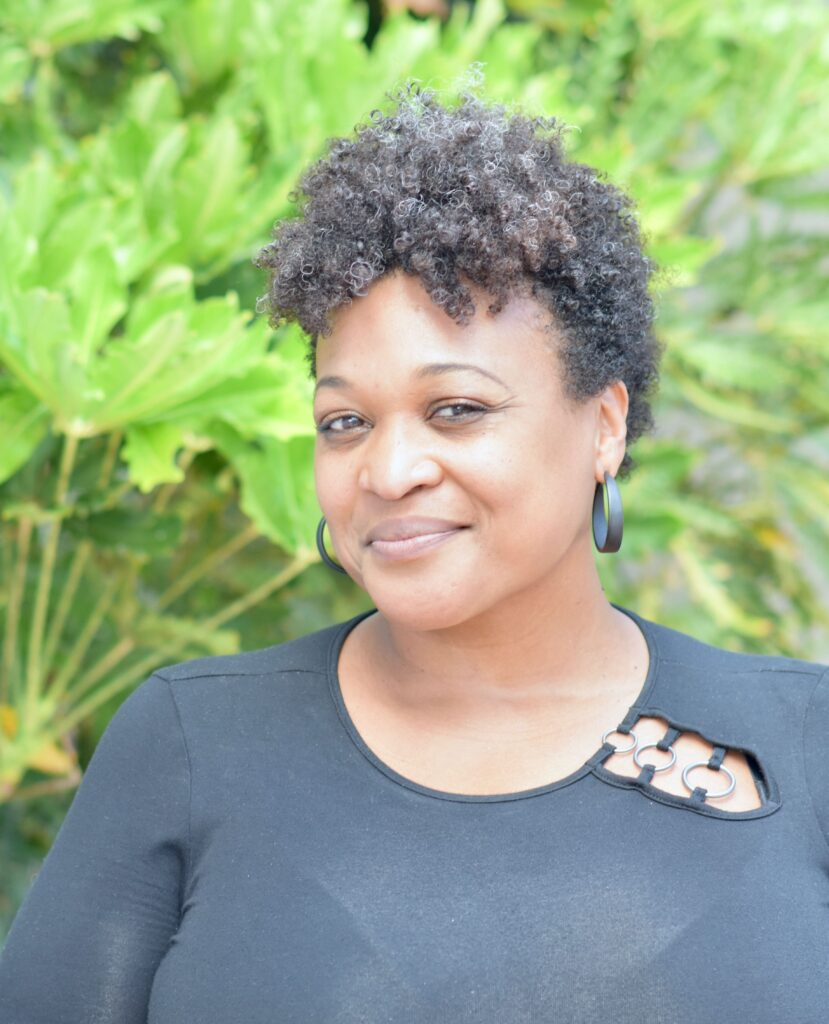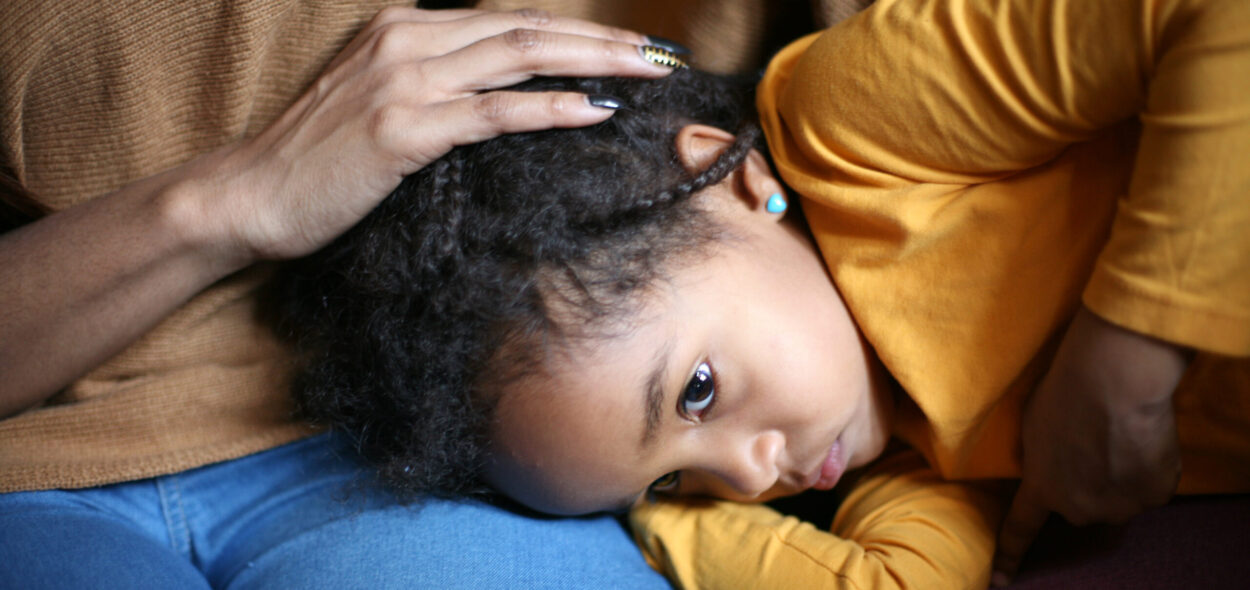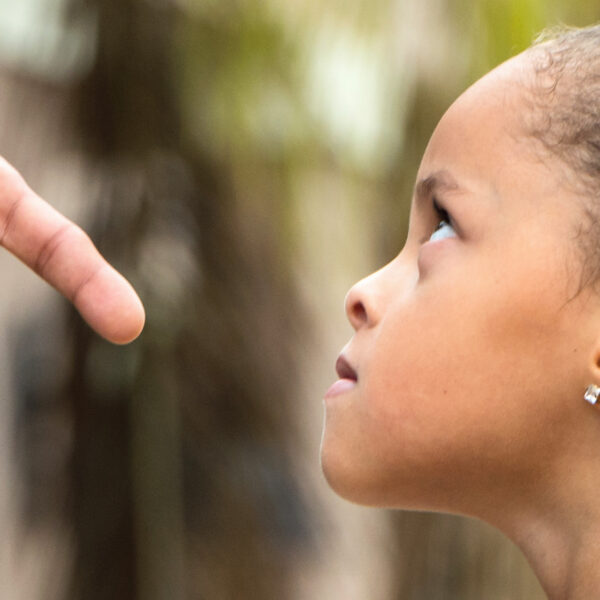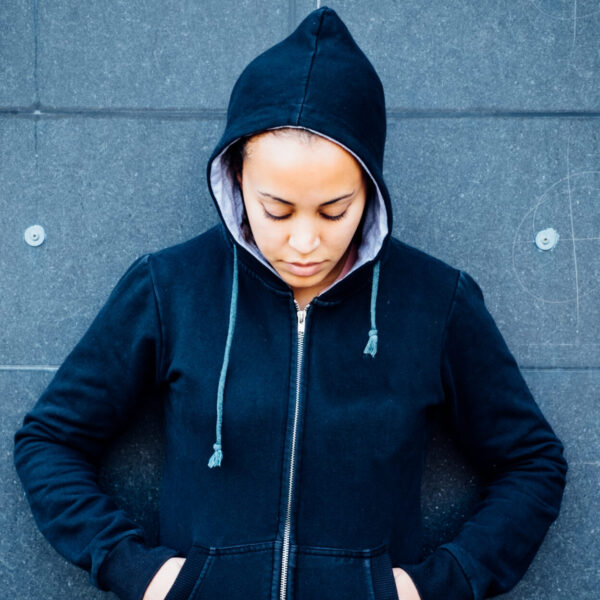This article was written by Edith Geurts, Augeo Foundation
It’s often thought that children scarcely notice or suffer from violence between their parents. Unfortunately, this is not true. These children grow up with violence as the norm and many are themselves physically or sexually abused. This is why it’s vital that professionals are well informed about domestic violence and child abuse
Parents repeatedly hitting or kicking each other or screaming aggressively: many parents think or hope that their children aren’t aware, because they are asleep or are in a different room. Unfortunately, children are always aware of domestic abuse. Half of the children who witness domestic violence are also direct victims of physical or sexual abuse. Being a witness amounts to emotional neglect: a child lives continually in an unsafe environment. The child is constantly anticipating the next clash between its parents.

“Our whole community needs to take responsibility”
Cassandra Richardson, former Director of Safe Haven, Domestic Violence Shelter.
“Our community can do much better when it comes to addressing and eradicating domestic violence. Violence is too normalized; many do not take into consideration or aren’t aware of the detrimental effects there are when you hit your wife or children.
We wonder why there are so many school fights amongst our youth – this is because they are taught to use violence to ‘solve’ conflicts at home.
We need awareness campaigns and education for all segments of our community. Professionals who work with children and families have to be more diligent in detection and reporting.
Our law enforcement chain has to be relentless in their duty to protect our community against domestic violence. Our whole community needs to take responsibility and work towards eradicating this epidemic.”
Being a Witnes
To be a witness to domestic violence means to notice in one way or another that there is violence in the home, or to be subjected to it. That commonly means that children witness violence against their mother, usually committed by their father or the (ex-) boyfriend of their mother. An American researcher determined ways children witness domestic violence. Here are the main instances:
- Before a child’s birth: the mother is abused whilst pregnant, leading to maternal stress and anxiety.
- First-hand: when a child is present in the same room where the act of violence is taking place or is able to hear it.
- Intervention: the child jumps between the parents in an attempt to stop the violence or calls the police.
- Direct victim: the child happens to be present and can be hit, for example whilst sitting on their mother’s lap, or is themselves physically mishandled.
- Participating in violence: forced or encouraged by the abuser, or a child eventually copies the abuser’s behaviour.
- Is faced with broken household items or a parent’s injuries, as well as the long-lasting consequences: such as being moved to a shelter or foster home or enduring their parents’ divorce.
Two types of violence
There are two types of domestic abuse. The first is known as ‘intimate terrorism’ and occurs when the perpetrator (usually male) wants to exert power and control over a partner. These fathers often want control over their children too and are usually excessively strict and dismissive towards their child. The mothers are usually afraid that the father will hit the child too. In order that a child does nothing to antagonize their father the mother may be exceptionally stern with the child as well.
The second type is ‘mutual partner violence’. This occurs when parents have an unhealthy relationship and arguments turn violent. These arguments comprise severe verbal aggression and physical assault by both partners. It is likely that a child is aware of this kind of behaviour in some form or another.
Often parents think, and hope, that their child isn’t aware of the violence. They are not conscious of the fact that their child notices more than they would like, thinking instead that a child is in bed asleep, is too young to understand or is playing outside. Many parents also do not realize the serious impact that domestic violence has on a child. It is only when someone else points out the tell-tale signs that they truly understand the impact on their child.

“I do believe harsher sentencing for domestic violence is needed”
Dientje Muller-John, Inspector, St. Maarten Police Youth & Morals Department.
“Our department is always involved if there is a child involved in a case, such as domestic abuse. Previously we have filed all domestic violence cases under ‘ill-treatment’, but the beginning of 2019 we are logging domestic violence reports separately.
There are clear laws for all ill treatment, including domestic abuse, however, I do believe harsher sentencing is needed.
Reporting is very important, whether you are the victim, or a witness. Also, the sooner you report the better, as it’s often easier to collect evidence. The more evidence there is, the better the prosecutors office can do their jobs to build a case against the perpetrator.”
Repercussions
Children exposed to domestic violence do not grow up feeling safe from harm. It is confusing when two people a child is dependent on, whom they love, harm each other. Children can develop serious problems as a result; the same issues that children who are direct victims suffer from. They may demonstrate anxiety, jumpiness and psychosomatic complaints such as stomach aches, headaches or fainting. They may be prone to feelings of guilt or shame and depression, have learning difficulties and poor concentration, or display signs of aggressive behaviour or withdrawal.
Long term
Around forty percent of children who witness violence between their parents in the home develop signs of post-traumatic stress disorder (PTSD). Consequently, they are more easily shaken by unexpected situations, feel constantly stressed and uptight and avoid situations that remind them of their trauma. They grow up with violent behaviour as the norm and this impacts how they handle conflict as adolescents and adults. The risk of being an abuse victim in later relationships increases, as does the risk of being a perpetrator.
When there is (or has been) domestic violence, parents often struggle with delinquent behaviour from their children and discipline. Lack of attention and affection, neglect and anger, and indulgence in an attempt to compensate may all lead children to demonstrate difficult behaviour. It will be challenging for parents to recover their children’s trust. Professional help for a child will only be effective once the domestic violence stops.
References
Baartman, H.E.M. (2009): Het begrip kindermishandeling. (The Concept of Child Abuse); Augeo Foundation / Tijdschrift Kindermishandeling (Child Abuse Journal), Driebergen; Nederlands Jeugdinstituut (Netherlands Youth Institute), Kinderen die getuige zijn van huiselijk geweld (Children who witness domestic violence)



